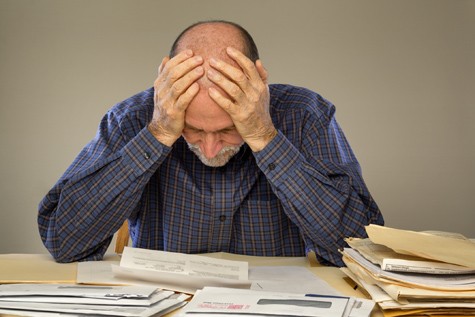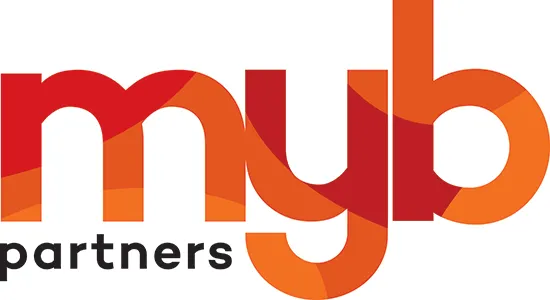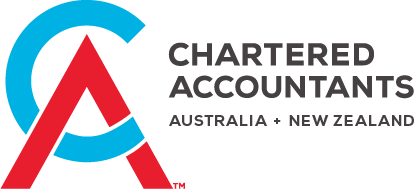What is Bankruptcy?
Bankruptcy is a legal process whereby a person is declared unable to pay their debts.

In all bankruptcies, a trustee in bankruptcy is appointed to administer the bankrupt estate. The trustee may either be the Federal Government Official Trustee, or a private registered trustee.
When someone is declared bankrupt, creditors who do not hold security for their debt (the unsecured creditors), are generally prevented from continuing to seek recovery of their debts.
Creditors cannot begin or continue recovery action during the bankruptcy period or after the person’s discharge from bankruptcy. The bankrupt is released from these debts upon their discharge from bankruptcy.
The bankrupt may choose to continue making repayments to their secured creditors. If they do not, the secured creditors may take possession of their security and sell it.
A bankrupt is generally entitled to retain the following:-
- household furniture and personal effects
- low value motor vehicles
- low value income producing tools of trade
- superannuation
At risk of forfeiture would be the share of:-
- the family home
- investment property
- listed shares
- business assets
AcctWeb

